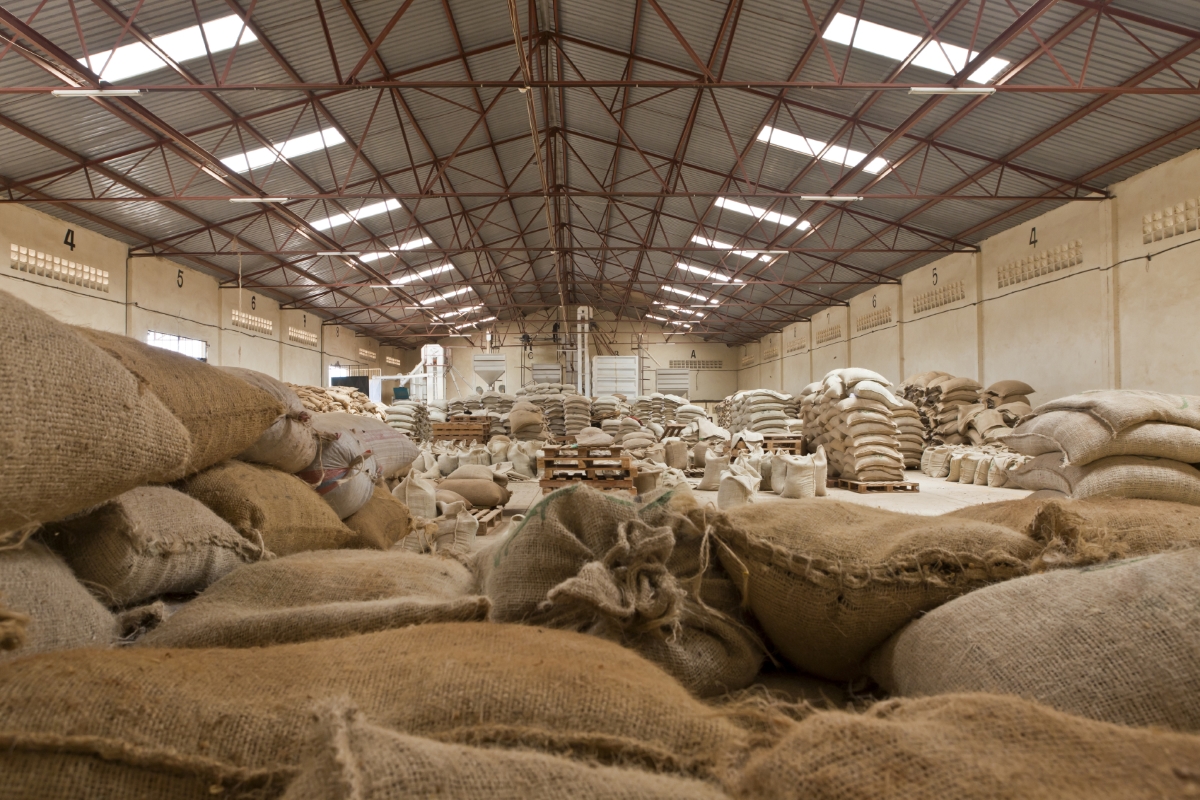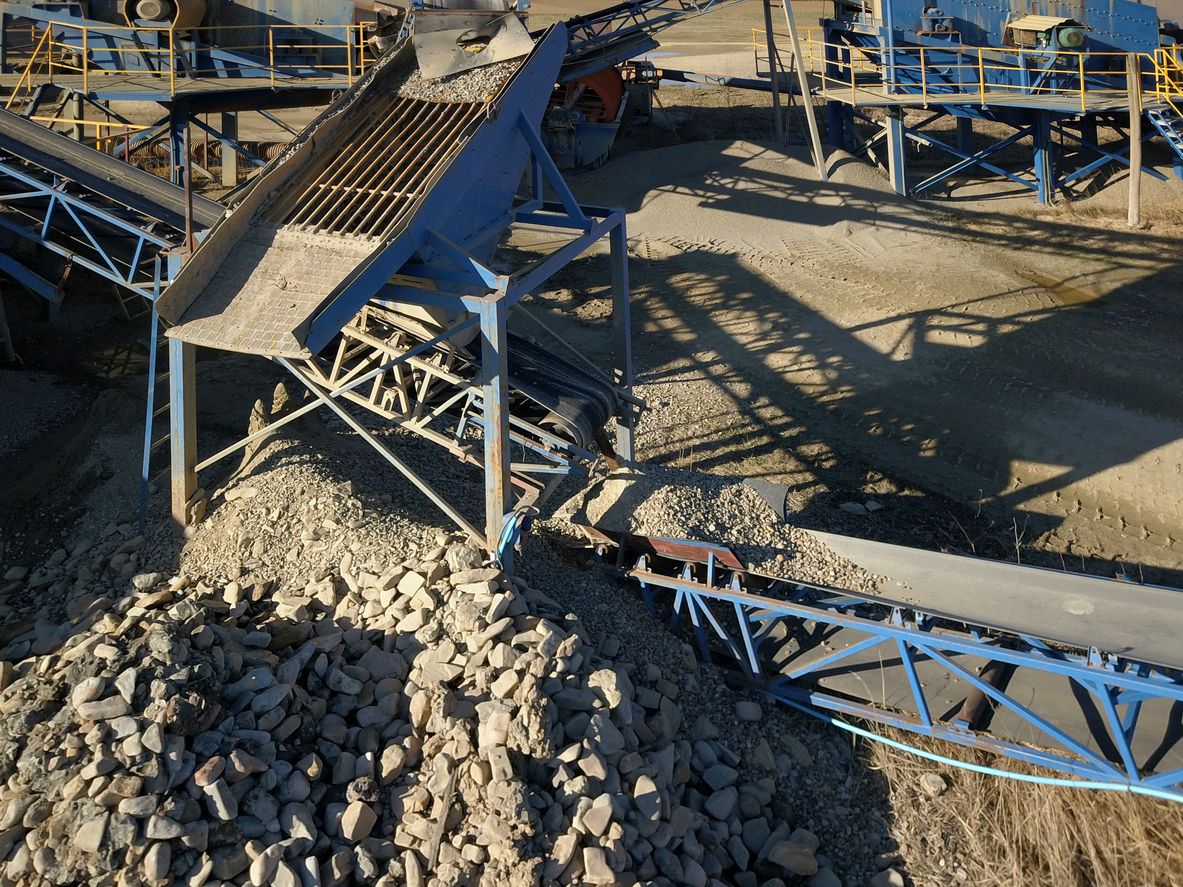Unlocking the Potential of Commodity Trading in Africa with Wigmore Trading
Unlocking the Potential of Commodity Trading in Africa with Wigmore Trading
Are you looking for new investment opportunities in Africa? Have you considered commodity trading? With its vast natural resources and growing economies, Africa has massive potential for commodity trading. But how can you navigate the complex market and ensure success? Enter Wigmore Trading – a leading commodities trading firm with expertise in African markets. In this blog post, we’ll explore how Wigmore Trading is unlocking the potential of commodity trading in Africa and why it’s an exciting opportunity for investors. So grab a cup of coffee, sit back, and let’s dive into the world of African commodities!
What is Commodity Trading?
Commodity trading is the act of buying and selling commodities, typically raw materials such as metals, energy, livestock, and agricultural products.
A commodity trader is anyone who buys and sells commodities for investment purposes. Trading commodities can be a risky proposition, but if done correctly, it can offer investors a unique way to profit from the world economy.
Investing in commodities can be a great way to hedge against inflation and diversify your portfolio. But before you start trading commodities, it’s important to understand the basics. Here’s what you need to know about commodity trading.
Benefits of Commodity Trading in Africa
The growth of commodity trading in Africa has the potential to unlock a wealth of opportunities for the continent.
By providing a platform for African producers to sell their commodities directly to international buyers, commodity trading can help to boost Africa’s economy and development.
Commodity trading can also help to promote regional integration and cooperation, as well as providing a source of income for small-scale farmers and other producers.
In addition, commodity trading can help to improve food security on the continent by ensuring that African farmers have a stable market for their produce.
Thus, commodity trading has the potential to be a powerful tool for promoting economic growth and development in Africa. However, there are some challenges that need to be addressed in order to realize its full potential.
How Wigmore Trading Can Help with Commodity Trading in Africa
The African continent is rich in natural resources, yet its people have long been underserved by the global economy. Wigmore Trading is committed to changing that by unlocking the potential of commodity trading in Africa.
We are a leading provider of commodities trading services, with a particular focus on Africa. We have a deep understanding of the African markets and the needs of African traders. We are able to provide our clients with tailored solutions that help them to overcome the challenges of trading in Africa.
We offer a comprehensive range of services that cover all aspects of commodity trading, from market analysis and research, to execution and post-trade support. We also offer a wide range of financial products and services that can be used to hedge risk or take advantage of opportunities in the African markets.
Our commitment to Africa goes beyond just providing commodities trading services. We are also dedicated to supporting the development of the African commodity markets through our work with government agencies, regulators, exchanges and other market participants.
If you want to learn more about how Wigmore Trading can help you trade commodities in Africa, contact us today.
Tips for Successful Commodity Trading in Africa
In order to take advantage of the vast opportunities for commodity trading in Africa, it is important to have a clear understanding of the market and the key players involved. Here are some tips for successful commodity trading in Africa:
1. Get to know the key players in the African commodity markets. There are a number of large international firms that operate in Africa, as well as a number of smaller local companies. It is important to have a good understanding of the different players in order to make informed decisions about who to trade with.
2. Develop a strong understanding of the African commodity markets. The African markets are complex and ever-changing. It is important to keep up-to-date with market developments in order to make informed trading decisions.
3. Use reliable and reputable African commodity trading platforms. There are a number of online platforms that facilitate trading in African commodities. It is important to use a platform that is reputable and provides good customer service in order to avoid any potential problems.
4. Be patient and don’t rush into trades. The African markets can be volatile, so it is important not to rush into any trades without doing your research first. Once you have found a good opportunity, it is important to be patient and wait for the right time to enter the market.
5. Have realistic expectations about profits. While there are great opportunities for making money through commodity trading in Africa, it is important not to expect overnight riches. Like any
Challenges and Opportunities of African Commodity Trade
The global commodity trading market is worth trillions of dollars and Africa is home to some of the world’s most abundant natural resources. However, the continent only accounts for a small fraction of global trade. This is due to a number of challenges, including limited infrastructure, lack of financing, and weak institutions.
But there are also many opportunities for Africa to increase its share of global trade. For example, the African Continental Free Trade Area (AfCFTA) was launched in 2018 and is expected to boost intra-African trade by 50 percent by 2022. The AfCFTA provides a much-needed boost to African economies and creates new opportunities for commodity traders on the continent.
In addition, China’s Belt and Road Initiative (BRI) offers significant potential for Africa’s commodity exports. The BRI is a vast infrastructure project that includes plans for railways, roads, ports, and energy projects across Asia, Africa, and Europe. As part of the BRI, China has been investing heavily in Africa’s infrastructure, which will create new demand for commodities from the continent.
There are also many initiatives aimed at increasing financing for African commodity traders. For example, the African Export-Import Bank (Afreximbank) has created a $3 billion fund to support trade financing on the continent. In addition, the Islamic Development Bank has pledged $1 billion to support Islamic finance in Africa. These initiatives will help African traders access the capital they
Examples of Successful Commodity Trading Strategies in Africa
In order to unlock the potential of commodity trading in Africa, it is essential to have a clear understanding of the various successful strategies that have been used in the past. Here are some examples of such strategies:
1) One of the most successful commodity trading strategies in Africa is known as the “hub-and-spoke” model. Under this model, a central “hub” is established in a major city or financial center where all transactions are conducted. This hub is then connected to a network of “spokes” which are located in other key cities or regions across the continent. This strategy has been used effectively by a number of African countries, including Nigeria and South Africa.
2) Another popular strategy is known as the “barter system”. Under this system, two or more parties agree to exchange goods or services without involving any money. This system was historically used extensively in Africa and continues to be used in some parts of the continent today.
3) A third strategy that has been successfully used in Africa is known as ” arbitrage “. This involves taking advantage of price differences between two or more markets for the same good or service. For example, if there is a large difference in the price of sugar between two African countries, a trader may buy sugar from one country and sell it at a higher price in the other country, thus making a profit.
4) Finally, another successful commodity trading strategy that has been used extensively in Africa is known as
Conclusion
Wigmore Trading has unlocked the potential of commodity trading in Africa by introducing a platform that offers unparalleled access to commodities and improved liquidity. With its user-friendly interface, intuitive transaction process and low cost structure, it is no wonder more investors are turning to this innovative online trading solution for their commodity investments. Through Wigmore Trading’s technology and product offerings, African traders can now easily capitalize on the continent’s growing economic opportunities while minimizing risk.








LEAVE A COMMENT
You must be logged in to post a comment.